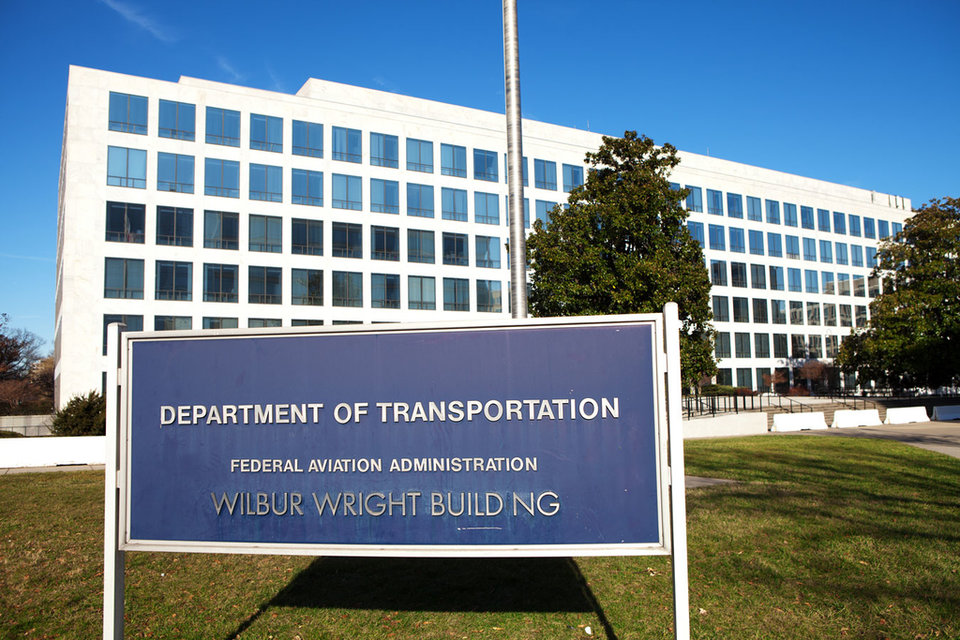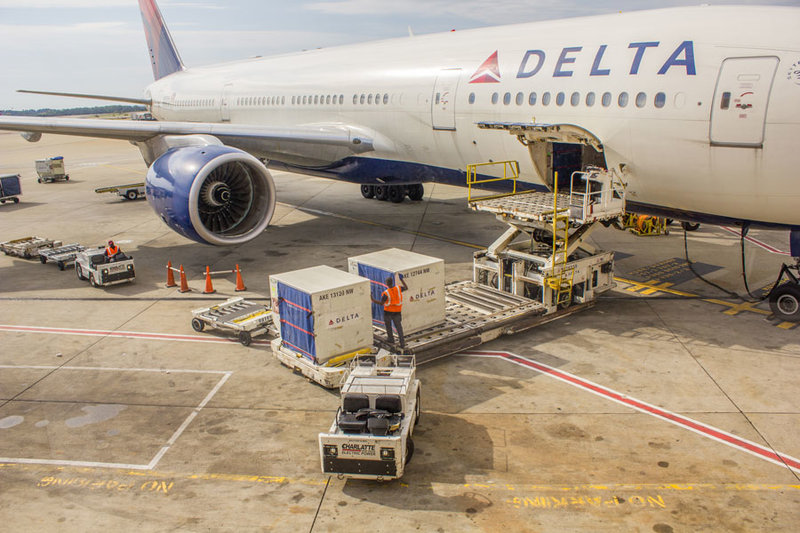ATC
The future of US air traffic control: the third option?
The
future
of US air
traffic control:
the third option?
The US Government has proposed spinning off air traffic control (ATC) from the Federal Aviation Administration (FAA) to a non-governmental, non-profit organisation. Is this a good idea, and would offloading ATC responsibilities make the FAA’s core mission of aviation safety easier? Jerome Greer Chandler reports
As of this writing, efforts in the US Congress to establish an air traffic control corporation to handle the nation’s ATC seem to be in a perpetual holding pattern. A controversial measure, HR 2997, seeks to wrench air traffic control from beneath the protective wing of the Federal Aviation Administration and construct a custom-made ATC corporation instead. Proponents argue the move would cut delays and fix what they argue is a broken system.
Those defending the FAA’s present purview over ATC argue that the administration has done a decent job managing the most complex airspace on the planet, and that NextGen improvements will, despite delays in implementation, boost efficiency even further.
That’s the essence of the battle, one that’s been going on for years: either rely on automation and the FAA or shift responsibility to a non-profit privatised entity entirely. Either/or, that’s the way the issue has been framed.
Image courtesy: Something / Example.com
The third way: creating an efficient production line
All but ignored is a third option. It’s the essence of simplicity, and has already proven itself at the world’s busiest airport.
Back in January 2013, an article in Aviation Week & Space Technology detailed an airline-initiated six-year effort to cut arrival time at Hartsfield-Jackson International Airport (ATL) by Delta Air Lines. The premise: “An airline is nothing more…than a relatively simple production process,” said Michael Baiada, a retired Boeing 747-400 captain. Now the president of ATH Group, a Colorado-based firm, his brainchild was called Attila. Employing off-the-shelf hard and software, the effort worked with Delta to create a more efficient “production line” at ATL, Detroit, and Minneapolis/St. Paul airports.
The result? ATH says the airline-run system cut Delta’s fuel burn by 26.1 million gallons with savings of $60.9m, reduced cumulative flight time by 1.4 million minutes, and did it all within the framework of existing navigational aids.
“ATC is never going to solve the problem that airlines alone are capable of solving,” contends Robert W. Mann, president of R.W. Mann and Company, a suburban New York-based aviation consultancy. The proof is what happened at ATL, “without NextGen or ATC privatisation.”
Mann goes on to maintain that by the expedient of merely managing their arriving flights in real time, to suit their business needs, a system critics call “broken” can be fixed comparatively cheaply. No need to set off stratospheric shockwaves or shake up the FAA. Mann says such an individual airline-run approach renders better on-time performance within reach without having to massage block time year after year to ‘keep on schedule’. The result of such block time creep makes every flight either late or exasperatingly early (how many times have you landed early only to find there’s no room at your gate to park your aircraft?). “You take your choice,” says Mann. “It’s unproductive for the customer either way.”

Image credit: Mark Van Scyoc / Shutterstock.com
He says it’s the individual airlines that are best able to manage their own assets, best able to decide “the sequence of arriving flights”. He believes that neither an ATC corporation nor a government-run FAA is cut out to put a real dent in delays. The much-maligned agency “doesn’t know – can never know – each airline’s individual real time business rules and objectives: how flights should be sped up or slowed down – based on gate availability, based upon international priority cargo, or first class inter [passenger] revenue connections. FAA is never going to know that stuff.” Aside from separating metal, their job is “first in, first out – unless you declare an emergency”.
So, if the advantages of this free-market approach Mann and others espouse worked so well in the crucible that is Atlanta, then why aren’t airlines flocking to it en masse? “It’s easier to blame the FAA,” asserts Mann. How many times have you been on a flight and it’s late? The explanation is “‘It’s ATC delays,’ – an excuse airlines have made for decades.”
The airline-run system cut Delta’s fuel burn by 26.1 million gallons with savings of $60.9m
The airlines’ position: making the system even safer
Representing most US airlines, with the notable exception of Delta, is the industry trade group Airlines for America (A4A). In a prepared release, the lobbying group says: “Proponents of reform advocate for a not-for-profit organisation that will be overseen by the FAA and governed by a board inclusive of all stakeholders, including employee unions, general aviation and private fliers, and passengers. That’s the way air traffic services are run in most of the rest of the world. We want to see more air traffic controllers hired. We want to make the system even [safer] and most importantly, we want to make flying better for the travelling public. Members of Congress should want the same thing.”
The Eno Center for Transportation, which specialises in policy and professional development for the transportation industry, “proposes that the United States adopt a new governance and funding model for ATC that is either a government corporation or a non-profit independent entity.” Eno believes severing the ATC function from the FAA would leave the agency to focus on its “core mission” of aviation safety oversight.
Perhaps the most vocal proponent of change is Congressman Bill Shuster, a Pennsylvania Republican and Chairman of the House Transportation and Infrastructure Committee. Just now, as this story is being written, his efforts have taken a back seat to other matters of import, specifically the just-passed US tax reform bill. It seems to have sucked most of the legislative oxygen out of the atmosphere, at least temporarily.

Image credit: WorldStock / Shutterstock.com
A committee spokesman says the bill was approved in the summer of 2017 and as of mid-December awaited action on the House floor. Similarly, the corresponding Senate measure has been approved in committee, but not voted on by the full chamber.
Meanwhile, the inefficiencies mount. There have been a slew of studies on how much delays cost US carriers each year. The consensus ranges from $7bn to $10bn per year. “At the level of the four biggest carriers (American, Delta, Southwest and United) that’s a billion dollars each year,” says Mann.
Such sums cry out for action. He believes the best place to begin is “self-help” by the airlines, embodied in the ethic “I’m going to fix this problem myself.”
A novel idea that.
Severing the ATC function from the FAA would leave the agency to focus on its “core mission” of aviation safety oversight